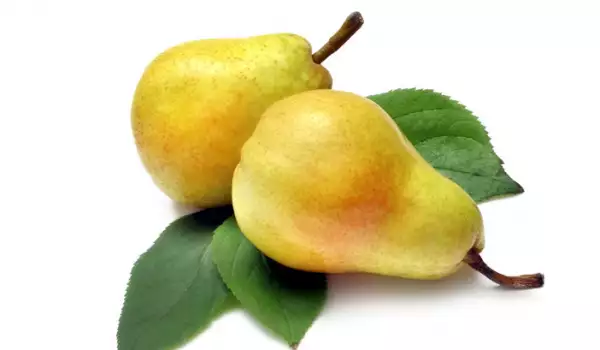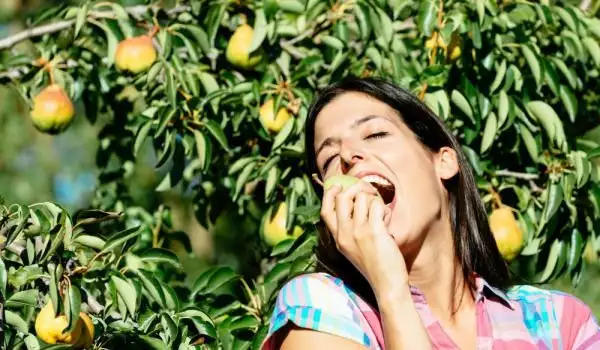Homer called pears a gift of the gods thousands of years ago. Now, thousands of years later, there are many people who would agree with this claim.
Regarding the countless health benefits of this prized fruit, did you know that:
- Pears were cultivated in 5000 BC in China.
- The Chinese believed that the pear was a symbol of immortality (pear trees live a long time).
- In Greek and Roman mythology, pears were considered sacred by 3 goddesses - Hera, Aphrodite and Pomona.
- Pears belong to the rose family.
- There more than 5000 varieties of pear trees.
- Pear trees can give fruits up to 100 years.
- Pears were cultivated in order to get the sweet and juicy taste we're familiar with today.
- Pears are a food loaded with energy.
- Pears have more nutrients per calorie than calories per nutrient (surprising considering they're so sweet).
- These fruits are a good source of dietary fiber, vitamin C, copper and vitamin K.
- Pears are often considered a hypoallergenic fruit, less likely to cause an undesirable allergic reaction, in contrast to other fruits.
- Pears are often the 1st fruit given to breastfeeding babies.
Health benefits from the consumption of pears:

- For diabetics - pears have a low glycemic index (GI) - just 38. Furthermore, pears are one of the fruits that can improve blood sugar levels, help a person lose weight and improve concentration.
- The risk of stroke is less in people who eat more white fruits and vegetables when compared to those who eat less of them.
- Women who eat at least one serving of apples and pears a day have shown a decreased risk of lung cancer.
- A study carried out by the University of Innsbruck in Austria ascertained that when the fruits are fully ripe, almost to the point of spoiling, they actually contain the highest quantities of antioxidants.
- The latest studies indicate that the skins of pears contain 3-4 times more phenolic phytonutrients than their insides. These phytonutrients include antioxidants, anti-inflammatory flavonoids and potential anticancer phytonutrients such as cinnamic acid. The skin of the pear also contains about half of all the dietary fiber in the entire pear.






















